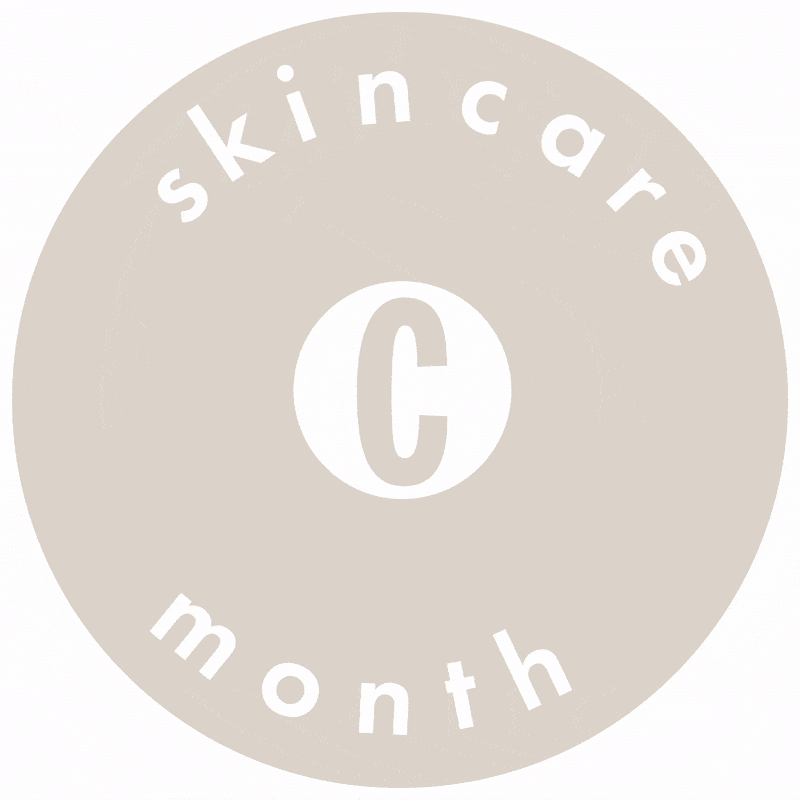This is *exactly* what happens to your skin when you drink coffee



I can’t remember the last time I went without a takeaway coffee in the morning, and dread to think how much I’ve spent on my caffeine addiction over the years. But it's what wakes me up after a night of musical beds with two young children, and enables me to string a sentence together in early-morning meetings with my colleagues. It’s the reason I’m even able to write this feature. So why do I experience a niggling guilt every time I sup on my frothy flat white? And what exactly is a daily dose of the buzzy stuff doing to my complexion?
What IS caffeine?
"To counteract it being devoured constantly by bugs, the wonderful coffee plant evolved to produce a neurotoxic bug killer that we today call caffeine," explains Dr Michael Barnish, head of genetics and nutrition at REVIV. "Tea did the same."
You heard the man, caffeine exists only to kill off a living thing! But before you go cutting up your Costa loyalty card, you'll be relieved to hear that there's a pretty balanced argument for sticking with your beloved coffee...
Should I cut out the coffee?
"Caffeine slows down the rate at which your body makes collagen," explains skin specialist and founder of Nassif MedSpa UK Dr Paul Nassif. "This is the protein that gives your skin its tightness and elasticity, so once it drops, your skin starts to sag and wrinkles appear." He goes on to explain exactly how caffeine interferes with our precious collagen, by inhibiting an enzyme called prolidase, which plays a key role in collagen synthesis.
So caffeine is a collagen killer and we should steer clear? Not exactly. "It's worth remembering that coffee doesn’t destroy collagen, it inhibits its production," says nutritional therapist at the Pulse Light Clinic, Lisa Borg. "But not completely or indefinitely, since collagen is the most abundant protein in the body." She also points out that refined carbohydrates and sugar are what destroy collagen, so a good compromise would be to hold off on the sugar and caramel shots.

Our bodies also produce an enzyme called CYP1A2, which helps to clear caffeine from the body and break it down for excretion. "Not everyone has the same CYP1A2 enzyme ability," explains Dr Barnish, "therefore caffeine’s impact on the skin's collagen has a strong genetic factor."

Does coffee cause acne?
In a word, no. But if you're prone to breakouts, drinks loaded with milk and sugar could make it worse. Coffee drinking has also been linked to an increase in the stress hormone cortisol, which can be held accountable for a host of skin issues, from premature ageing to dehydration and hormonal breakouts. "It can also increase the amount of oil produced by your sebaceous glands," adds Dr Nassif.
And the good news?
"When caffeine is consumed in moderation, there is little adverse effect to the skin," confirms Dr Nassif. (Phew!) Coffee beans are also phytonutrient rich (as in, they contain nutrients found in plants), and packed with antioxidants that fight free radical damage. "By consuming coffee, you are orally taking on these phytonutrients," confirms Dr Barnish. "They are then used all over the body, not just the skin." Borg echoes these not-to-be-ignored benefits, listing skin regenerating nutrients such as potassium, magnesium and Vitamin B2.
Does caffeine-laced skincare work?
From puffy-eye products to cellulite blitzers, caffeine is constantly popping up in skincare ingredients lists. But does it actually do anything meaningful or is it a marketing buzzword? Dr Nassif says that the anti-inflammatory and antioxidant properties attributed to drinking coffee can also be enjoyed when applying it directly to the skin. "Caffeine is a vasoconstrictor," he explains, "which means it constricts blood vessels - so applying it on red, puffy, or otherwise slightly inflamed skin reduces blood flow to the area, thereby reducing the appearance of inflammation." That said, skin experts also warn of a dehydrating effect (there's always a catch, huh?) "Although the effects are short-term, the caffeine in topical products is often used to decrease the appearance of cellulite by dehydrating the tissue."

So, how much coffee is too much coffee?
After speaking to the experts, it's clear that my one(ish) flat white every morning is nothing to be concerned about. But what about those who drink coffee steadily throughout the day? The general rule seems to be between 2-4 cups daily, but Borg stresses that this number depends on your sensitivity to caffeine. "I would personally recommend 1-3 cups daily."
Keeping your coffee drinking to the AM is also important, as caffeine can have a disruptive effect on your sleep when enjoyed too late in the day (and it's not called beauty sleep for nothing). "Not sleeping enough will negatively affect your skin,"confirms Dr Nassif. "Your body won’t make as much human growth hormone, which stimulates cell production. This means your body won’t be able to produce new skin cells to reverse the previous day’s damage." He also advises upping your daily water intake from the recommended 6-8 glasses, in order to stay hydrated and keep your skin looking plump and fresh.
Noted. But first, coffee... ☕️
Follow Cassie on Instagram
Subscribe here to have Cosmopolitan delivered to your door.
Like this article? Sign up to our newsletter to get more articles like this delivered straight to your inbox.
You Might Also Like


